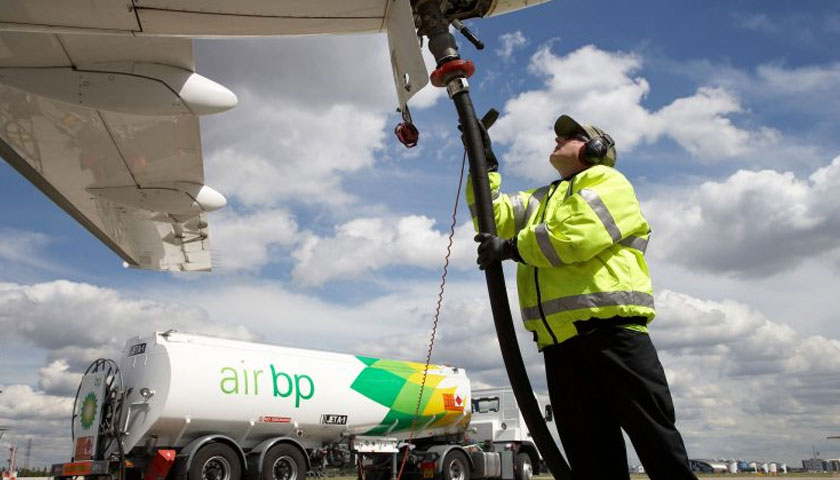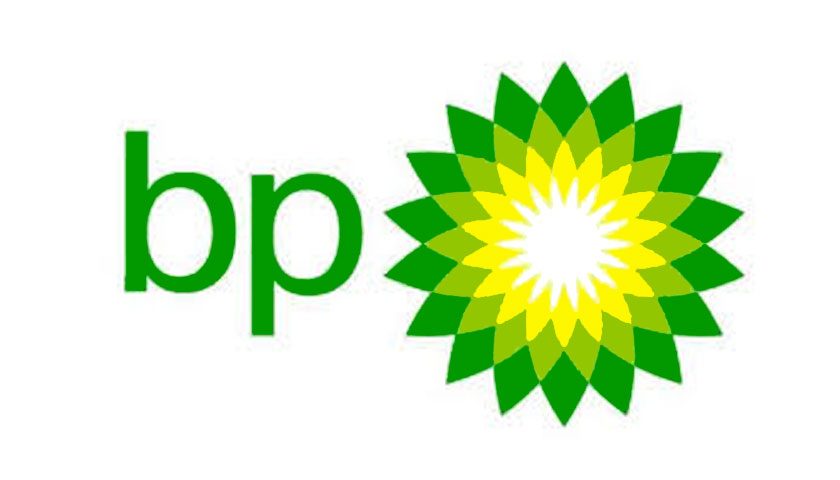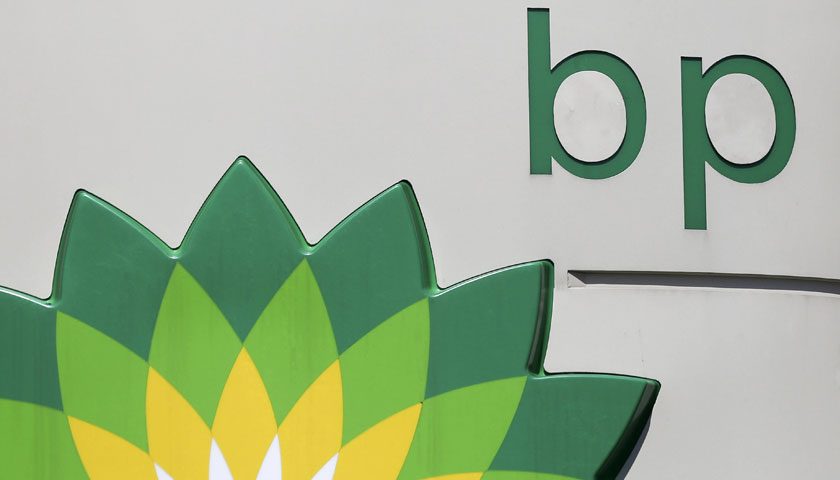It’s been more than a century since the first flight across the Atlantic, but this autumn will see a new historic first: the world’s first 100% sustainable aviation fuel (SAF) flight across the ocean.
The SAF used in the Virgin Airways flight from London Heathrow to New York JFK will be supplied in part by bp. It’s a milestone in the use of SAF, which has fewer lifecycle carbon emissions than the traditional fuel it replaces.
bp biofuels head Nigel Dunn recently spoke with Reuters about biofuels, explaining how they are essential for decarbonizing transport, like SAF in aviation.
Biofuels “become absolutely mission critical in the aviation and marine sectors, where we really don’t see much in the way of a viable alternative in the medium to long term,” he said. “So, certainly today, there’s only one way to decarbonize and that’s biofuels.”
‘We call them “drop-in fuels”’
SAF can reduce emissions by up to 80% compared to conventional jet fuel on a lifecycle basis. It’s just one of the ways that bp is working closely with its customers to develop fuels to fit their needs.
“We have very big complex customers, and they have complex needs. They desperately want to transition and decarbonize, but they can’t move from fossil over to EV or hydrogen overnight,” Nigel said.
Demand for lower carbon biofuels is growing. SAF demand, for example, is set to grow from under a million tonnes today to more than 300 million tonnes by 2050. At several of our refineries, we’re already producing co-processed biofuels to help make SAF and renewable diesel, which can have fewer lifecycle emissions than the traditional equivalents.
“We call them ‘drop-in fuels’ because they look and feel like their fossil equivalent. That has a huge power to it because we don’t need to redesign the engine that’s sitting in the plane, or the truck, or the car, or the ship,” said Nigel.
Biogas, meanwhile, like that produced by bp-owned Archaea, can be used interchangeably with fossil fuel-based natural gas – including as transport fuel, in power generation and in heating.
However, in the coming years, one of the big challenges to making ever-greater volumes of biofuels will be the availability of the materials, or feedstocks, needed to produce them, according to Nigel. The SAF bp develops at the moment is made primarily from waste oils and fats, such as used cooking oil.
“What I’ve learned is how difficult all the ingredients are to get. In order to do biofuels, we’re talking about billions of dollars of investment,” he said. “bp’s got a track record. We’ve been doing big, complex projects for about 100 years.”
To support the growth and use of new feedstocks, bp is partnering with companies like Nuseed, which develops Carinata oil to process or sell into growing markets for the production of biofuels. Carinata is a non-food cover crop that farmers can grow between main crop cycles, creating feedstock for biofuel and feed for livestock at the same time as improving the soil.
“It gives [farmers] an extra harvest, and it gives us – the industry – a lot of oil seeds that we can crush and convert into biofuels,” said Nigel of cover crops.
Investing in biofuels
It’s not only the development of feedstocks that are key to scaling biofuels. Understanding customer needs, and the complex technology behind the development and manufacture of these fuels is also crucial.
“There are actually very few companies that can do all of that and integrate it and bring it all together,” Nigel said. “So, it gives me a lot of confidence that bp can be successful.”
bp is deepening its investment in bioenergy, one of five so-called transition growth engines.
That includes investments not only into developing new products and feedstocks, but also into refineries and terminals. And into companies like WasteFuel, which plans to develop a global network of plants to convert waste into bio-methanol, a biofuel which could be used in hard-to-abate sectors like shipping.
These investments are expected to contribute towards bp’s aim to produce around 100,000 barrels of biofuels per day by 2030.
“We’ve set our target to be a net zero company,” he said. “We’re making great progress on that.”
💡 Why it matters
Biofuels are a vital part of the energy mix for the world to get to net zero. They can help to decarbonize hard-to-electrify sectors like aviation and shipping. The demand from customers for biofuels is already here, today, and it is growing too.
There isn’t a single solution to decarbonize the world’s energy systems, so biofuels are going to play an important role. It’s why bioenergy – including biofuels – is one of our five transition growth engines, alongside convenience, EV charging, hydrogen, and renewables & power.
That’s why bp is investing in all of these areas to help accelerate the energy transition, while also investing in today’s energy system, which is mainly oil and gas.



